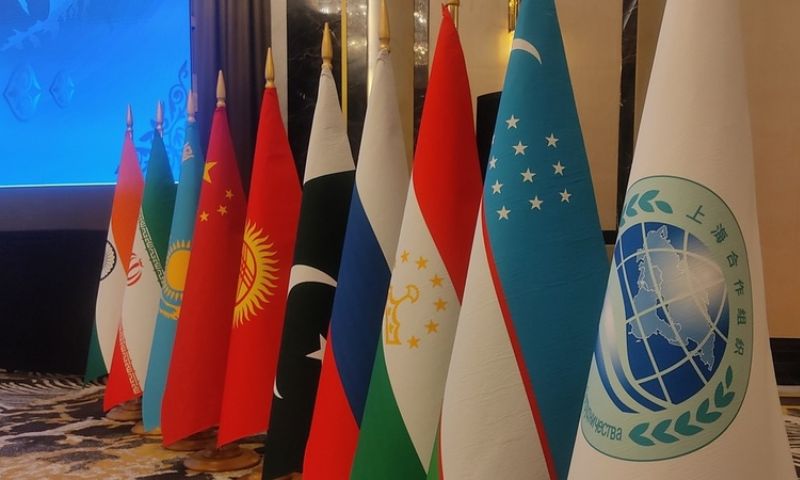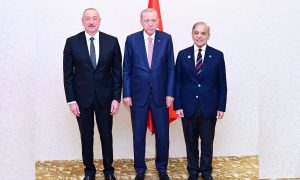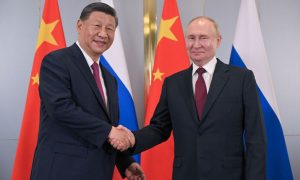BISHKEK, Kyrgyzstan: The 22nd Meeting of the Council of Heads of Government of the Shanghai Cooperation Organization (SCO) Member States is set to take place in Bishkek, the capital of Kyrgyzstan, marking a significant event.
This in-person meeting of the prime ministers of SCO member states is not only the first since the outbreak of the COVID-19 pandemic but also the first official gathering following Iran’s full membership in the group.
In a world marked by increasing complexity, the prime ministers are expected to engage in comprehensive discussions. Their agenda includes the implementation of the consensus reached at the SCO summit in July, advancing the organization’s development strategy, and formulating practical measures for cooperation in diverse areas, spanning security, economy, trade, connectivity, and people-to-people exchanges.
The SCO, founded in Shanghai in 2001, has evolved from a regional organization with six members into the world’s largest regional institution, boasting nine full members: Kazakhstan, China, Kyrgyzstan, Russia, Tajikistan, Uzbekistan, India, Pakistan, and Iran. Additionally, it has three observer countries and 14 dialogue partners.
Iran became the ninth full member in July, and Belarus is in the process of joining the SCO. The United Arab Emirates has expressed interest in becoming a member, while Syria, Iraq, Israel, Bangladesh, and Vietnam hope to participate as dialogue partners or observers.
Deng Hao, secretary general of the China Center for SCO Studies, emphasizes that the SCO’s expansion reflects the recognition of the “Shanghai Spirit,” which offers countries new avenues to address global challenges and overcome development dilemmas.
READ ALSO: UK Govt to Stop Using 50 Hotels to Host Migrants by January
Su Xiaohui, a researcher at the China Institute of International Studies, notes that the SCO has been at the forefront of the times over the past decade, emphasizing the concept of building an SCO community with a shared future and promoting the Shanghai Spirit based on principles of mutual trust, mutual benefit, equality, consultation, respect for diverse civilizations, and pursuit of common development.
The SCO’s growth allows it to engage with a wider range of issues, adopt multiple roles, and extend its influence on the global stage.
An essential characteristic of the SCO is equality, where every member has one vote and the right of veto. This consensus-based decision-making approach sets the SCO apart from other organizations that may be influenced by dominant powers.
The SCO follows a principle of no alliances and doesn’t target other regions or organizations, in contrast to some Cold War-era organizations with a focus on rivalry. Instead, the SCO seeks to promote development and security through cooperation, making it an appealing partner for an increasing number of countries.
























